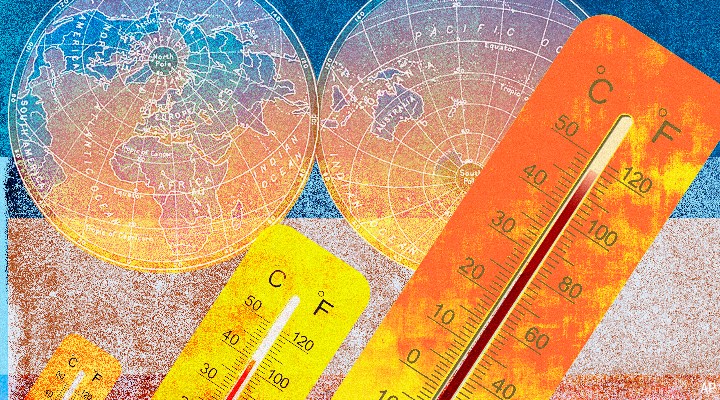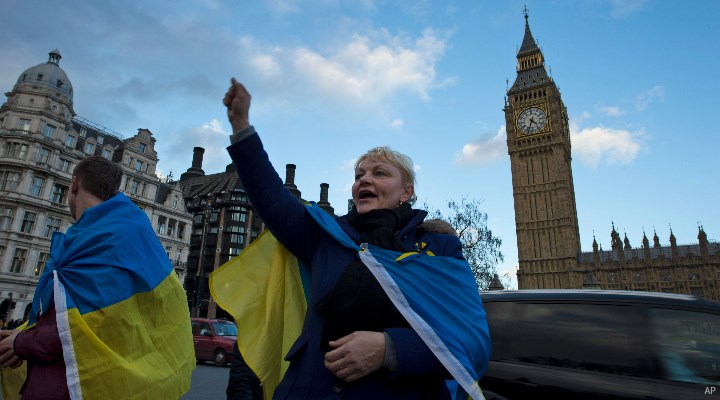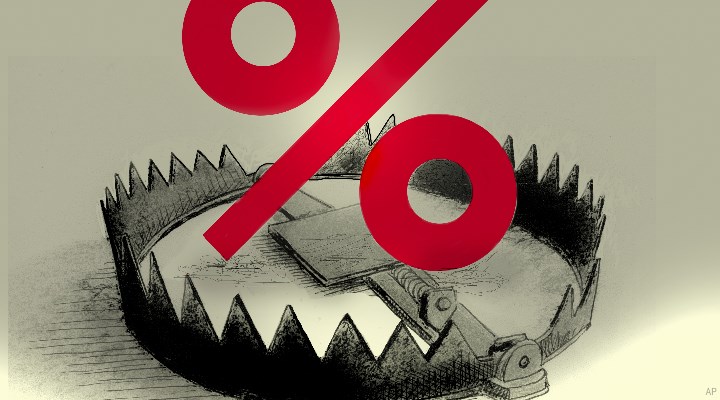
Russia’s invasion of Ukraine is likely to delay the progress on emissions cuts needed to forestall the worst effects of global warming, a new report from the United Nations’ Intergovernmental Panel on Climate Change says. It adds the world will probably reach 1.5 degrees Celsius of warming within 20 years, and shows the risks of global warming are higher than previously thought.
The Ukraine invasion has sent the price of oil climbing. That could make fossil fuels more attractive to investors and delay the momentum toward net zero.
“From an investor perspective, energy and energy security will be a big deal for the next six to 24 months,” says Michael Jantzi, founder of Sustainalytics and managing director of ESG strategy for Morningstar.
“The focus [on net zero] will wane and commitments will wane, and let’s say if we lose 12 to 24 months of resolve and action, it puts those short-term targets at risk.”
The invasion and its consequences for the financial markets may also serve to chill interest in sustainable investing, which has pushed companies to reduce emissions as part of addressing environmental and systemic risk. Inflows into environmental, social, and governance funds are already decelerating, at least in part because of growing concerns about greenwashing.
The prospect of slowing performance is also a concern for ESG investors, many of whom bought funds in the past couple of years amid a vogue for sustainable investing. With the jump in energy prices already stoking more inflation, sustainable funds face a challenge, as they typically specialise in growth stocks that are pricier and require longer time frames to mature. In such an environment, corporate profits could come under pressure. Companies may also take a hard look at their ESG spending (emissions reduction plans, or diversity initiatives) as they refocus on rising costs.
“This is the worst kind of market for ESG investors,” says Amy Domini, founder of Domini Impact Investments.
Sustainable funds underperformed the market when the US invaded Afghanistan in 2001 and Iraq in 2003, Domini observes, because “the only stocks that reliably rally are fossil fuels and armament companies. If you miss the rally and don’t miss out on the rest of it, it’s hard for the portfolios.”
Geopolitical issues are infrequently on the radar of responsible investors and this is the first big opportunity for them to articulate how they approach these issues.
A refugee crisis will inevitably ensue, raising concerns about human rights violations. Then there’s the issue of holding Russian securities. Already, European pension funds are clipping exposure to Russia. But logically, that will raise questions about whether investors should be in China, which supports Russia’s claim to Ukraine and claims Taiwan.
One sector holding up well is renewables, however. “Renewables may do well when there's volatility in the energy markets because there’s less certainty about other sources of energy,” says Joe Keefe, CEO of Pax World Funds, a line of fossil-fuel-free funds.
Esplanade Capital also invests heavily in renewables, but its president and chief investment officer Shawn Kravetz has an alternative take. “I don’t think [the invasion] will set net zero back. The climate crisis isn’t going away. If anything, this underscores the climate crisis with natural gas prices skyrocketing. We’re going to see more dirty fuels used for basic energy needs.”
For ESG investors, it may be time to look at adding value funds. There are fewer of these than growth funds, but they can help reduce volatility over the long term, says Jon Hale, Morningstar’s director of sustainability research for the Americas.
Overall, the invasion will require sustainable investors to pressure companies more than ever to stick to their net-zero commitments. “We can’t allow what Russia is doing to let us take our eyes off the ball,” says Jantzi.











:quality(80)/cloudfront-us-east-1.images.arcpublishing.com/morningstar/6BCTH5O2DVGYHBA4UDPCFNXA7M.png)

















